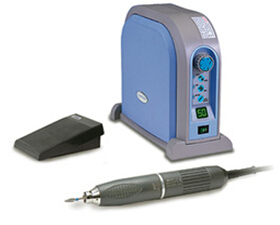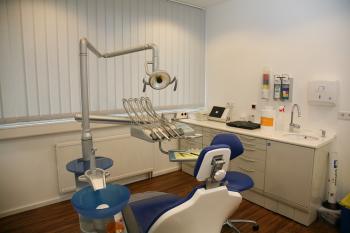

HJ-Dental
E-mail:hj.dentalsale@gmail.com
News
Stress And Bruxism - Grinding Teeth - Can Impact Dental Health
2011-01-16
Is stress at work and in daily life taking a toll on your teeth at night?
German researchers examined studied a small group of patients to see if sleep bruxism—grinding teeth at night—was related to stress.
A total of 69 people, including 48 who were bruxers, were evaluated with a questionnaire to see if they reported daily problems, trouble at work, fatigue or physical problems.
Each participant was between 20 and 40 years old and had a sleeping partner that reported grinding sounds during the night over the past six months. Participants also reported one or more bruxism symptoms before the study, including muscle fatigue or pain on awakening, abnormal tooth wear or shiny spots on restorations and enlarged jaw muscles.
Researchers also measured participants’ bruxism overnight for five consecutive nights, using special thin plates worn overnight in their mouths that record grinding patterns.
Researchers concluded that participants with high sleep bruxing activity tend to feel more stressed at work and in their daily life, and, according to the questionnaire, seem to deal with stress in a negative way. Bruxism is a dangerous dental problem that can not only wear down teeth, but also make them sensitive or loose or even fracture them. Besides worn tooth surfaces, symptoms can include headaches and a sore jaw.
Your dentist can diagnose sleep bruxism and fit you with a mouth guard to protect your teeth while you sleep. Patients can also benefit from reducing stress, physical therapy, muscle relaxants, counseling and exercise.

